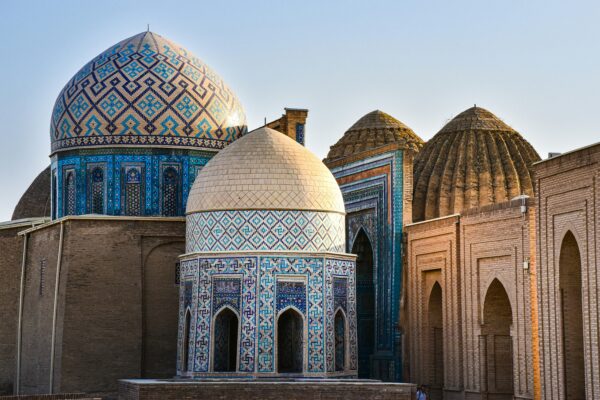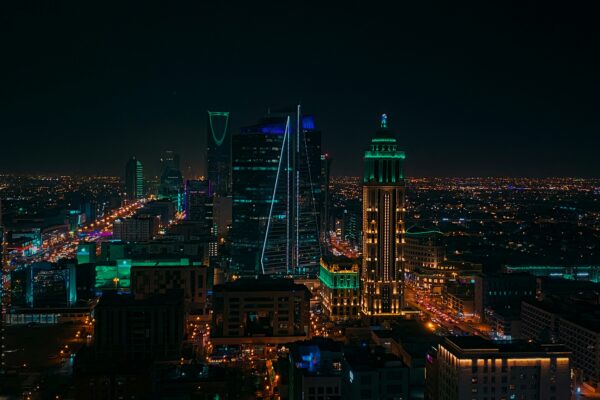One year after Saudi journalist Jamal Khashoggi was brutally murdered in his own consulate in Istanbul, Saudi Arabia continues to move with impunity in its human rights violations, despite both the UN and CIA recognizing Crown Prince Mohammed bin Salman as fully responsible for the murder.
Jamal Khashoggi, a Saudi journalist and dissident who actively campaigned against the kingdom’s numerous human rights violations, was in Istanbul when he was allegedly called into the Saudi consulate. He entered the consulate on the 2nd of October, 2018, with it was later being revealed that he was murdered and even dismembered inside the consulate on the same day. The remains of his body are yet to be found.
While the world watched in shock, Saudi Arabia remained relatively indifferent to the murder, with the kingdom denying any involvement. Later, after both CIA and UN investigations found not only the Saudi government guilty but also Crown Prince Mohammed bin Salman explicitly responsible for the murder, cracks began to appear at the top levels of government. Crown Prince Salman’s top aid, Saud Al-Qahtani, who was named as one of the suspects directly involved in the murder, has mysteriously disappeared from the public eye. His whereabouts are currently unknown.
Human rights groups have continuously called on Saudi Arabia to be held fully accountable for the murder, while Khashoggi’s fiance, Hatice Cengiz, continues to fight for the truth of what happened inside the consulate. Writing for The Guardian one year after the murder of her fiance, she states:
There is no body, no grave. I have no place where I can mourn. And as remarkable as the illegality and ruthlessness of my fiance’s murder was the manner in which his killers committed it. This was an assault on a man who was not the enemy of the Saudi government but a reformer, with only the best interests of his people in mind.”
Khashoggi’s murder is only one of the few public instances of the world witnessing the brutality of the Saudi regime. Saudi female activists and human rights campaigners continue to sit imprisoned in Saudi jails, with claims of torture and lack of due process. Minorities, including Shia Muslims who live mainly on the eastern coast of the country, continue to be imprisoned and executed for speaking up against the government. More than 14 million Yemenis are at imminent risk of death amidst the war in Yemen, led by the Saudi coalition against the Houthi rebels. The treatment of foreign maids and migrant workers inside the country are shocking. Claiming to be an Islamic country, the Saudi government has continued to largely ignore the plight of Uyghur Muslims in China, Rohingya Muslims in Bangladesh and Myanmar, and Kashmiri Muslims in northern India.
Muslim majority countries part of new letter defending China’s concentration camps of Uyghur Muslims
In its most recent attempt to claim modernity and openness, Saudi Arabia has now announced it will launch a new tourist visa scheme for 49 new countries, alongside a more relaxed policy towards the dress codes for female visitors. With Saudi Arabia’s growing friendships with Trump and Israel, it can only be seen as an attempt to further its power-grabs outside of the Arabian Gulf.
As the death of journalist Khashoggi remains shrouded in a complete lack of justice and dignity, Saudi Arabia continues to move with impunity when it comes to human rights violations. For now, it remains to be seen whether or not the kingdom will someday be held fully accountable for these crimes against humanity.





